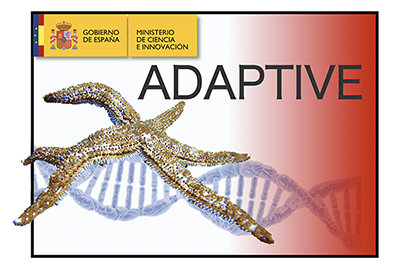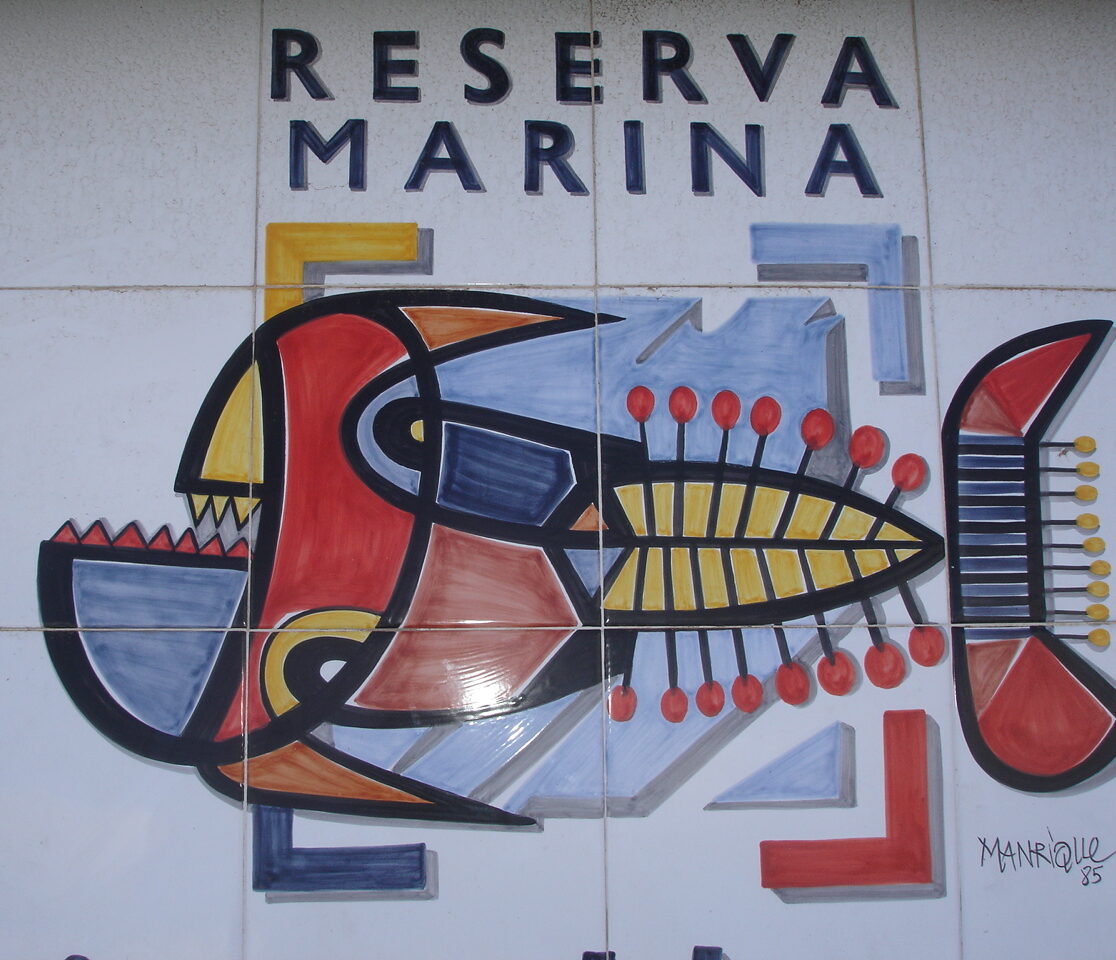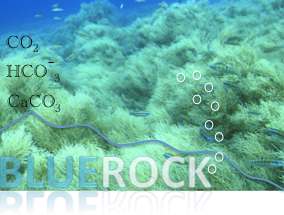What are we working on?

ADAPTIVE: how marine invertebrates will adapt to future environmental changes?
2018 - PRESENT Understanding the underlaying mechanisms of regional/local adaptation and phenotypic plasticity of marine organisms, and how these mechanisms generate functional variability and buffering traits to face environmental gradients is not only important to interpret current biogeographical patterns but also to make predictions about the future effects of environmental shifts and climate change, to develop proper management and conservation strategies, and finally to mitigate further impacts of anthropogenic activities.…

Marine Biodiversity of the Future Oceans
2017-2018 The impact of how ocean acidification (OA) will affect the biodiversity and functionality of marine ecosystems is very uncertain. Laboratory approaches are able to predict impacts at the organism level, however to scale up to marine communities studies it is far more complicated. A new project, funded by “Fundación Biodiversidad” of “Ministerio para la Transición Ecológica”, will explore these aspects of OA effects in the volcanic CO2 seeps off…

Monitoring of Marine Protected Areas
1994 – PRESENT Our research group has a long-term project supported by the Government of the Canary Islands to conduct the ecological monitoring of the three Marine Protected Areas (MPA) of the archipelago: ‘Isla de La Graciosa e Islotes del Norte de Lanzarote MPA’, ‘La Restinga – Mar de Las Calmas MPA’ (El Hierro Island) and ‘Isla de La Palma MPA’. This ecological monitoring is conducted on a yearly basis…

ACIDROCK: Effects of ocean acidification on sea urchin larvae
2011 – 2015 This project has been recently funded for the next three years by the highly competitive National Research Programme of the Spanish Ministry of Science and Technology (Ministerio de Ciencia y Tecnología). This study aims to evaluate the impact of several phitocenosis at coastal habitats on the natural variability of sea water pH, assessing the implications of these pH regimes and the ones foreseeable due to climate change…

BLUEROCK: Efficiency of benthic communities to absorb carbon
2014 – 2018 The ocean helps mitigate climate change due to its large storage capacity of CO2 enabled by the interplay of physical, chemical and biological processes. Oceanic CO2 absorption results in the sequestration in the ocean of 25% of the total emissions from human activity. However, given the high concentration of current atmospheric CO2 levels, close to 400 ppm, dramatic changes in sea water chemistry are currently occurring. These…